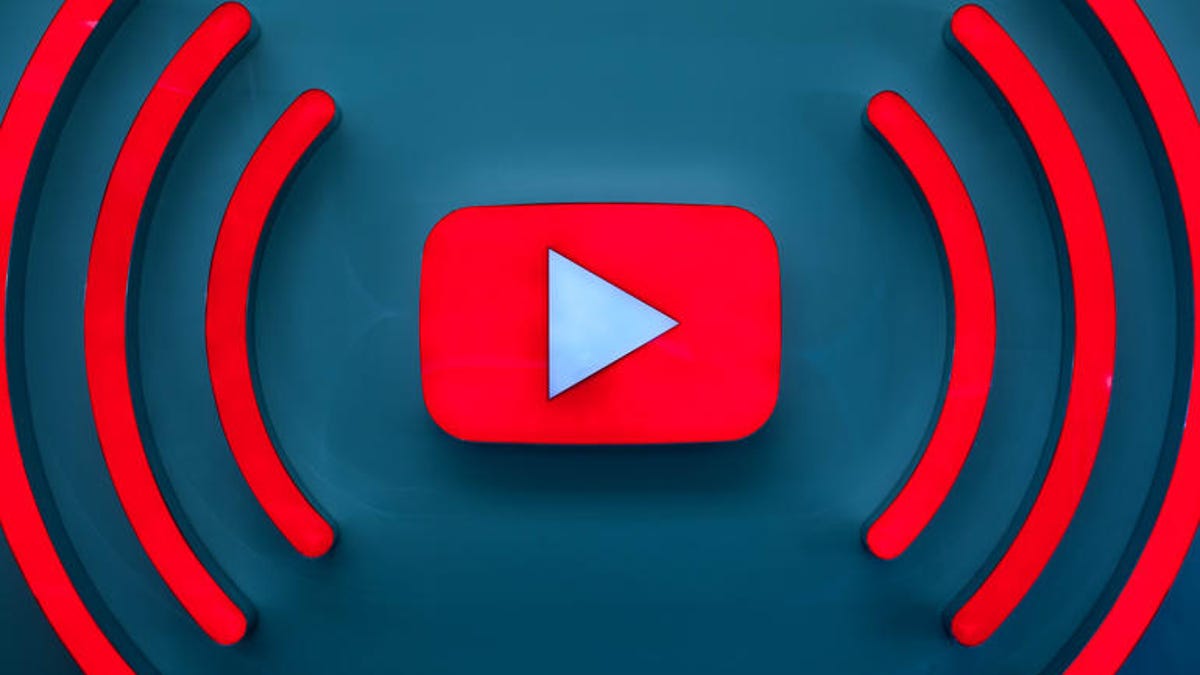YouTube pays music industry $1 billion from ads
Subtext: Look, we're not the bad guys!

YouTube, the music industry's No. 1 enemy earlier this year, said Tuesday it has paid more than $1 billion in advertising revenue to artists, labels and publishers in the last 12 months.
The figure, released in a blog post by YouTube business chief Robert Kyncl, is part of the video giant's effort to mend fences with its critics in the music industry. Or at least, YouTube hopes to convince some of them that the massive amount of free listening on its site is a valuable complement to music subscriptions, the industry's main area of growth right now.
"It is clear that this creative industry has two strong engines of growth -- subscriptions and advertising -- and we are honored to be a part of it," Kyncl said in the post.
The announcement caps a year marked by clashes between the video site and the music industry. In March, the industry's main US trade group revealed that streaming had eclipsed digital downloads as its biggest money maker but that revenue from ad-supported streaming sites like YouTube was "meager " and "far less" than from other types of music services. The industry group capitalized on the milestone to kick off a campaign that soon had other big names in music chiming in: YouTube should be paying us more.
The argument hinged on what the critics called a "value grab." Payments from ad-supported platforms were growing, yes, but not as fast as the growth in free listening, they said. YouTube, the internet's biggest video-viewing site by far, was their prime example of this gap.
YouTube responded that the disagreements were a symptom of the bigger shift occurring in the music industry as it moved from selling albums and songs to making money from subscriptions and ads.
Google-owned YouTube highlighted its ContentID system, which automatically finds user-uploaded videos with copyrighted material and gives the rightful owner the chance to make money from the clip's ads. Instead of comparing YouTube to subscription services like Spotify and Apple Music, YouTube said a fairer comparison would be with traditional radio, which pays the record industry nothing in the US. And it noted that YouTube has paid out more $3 billion to the music industry total since it launched in 2005.
On Tuesday, Kyncl suggested that the music industry could eventually make as much money from advertising as it does from subscriptions. He likened music's new economics to that of television, where revenue from subscriptions and from advertising go hand in hand.
"To achieve this, there is a lot of work that must be done by YouTube and the industry as a whole, but we are excited to see the momentum," he said.

